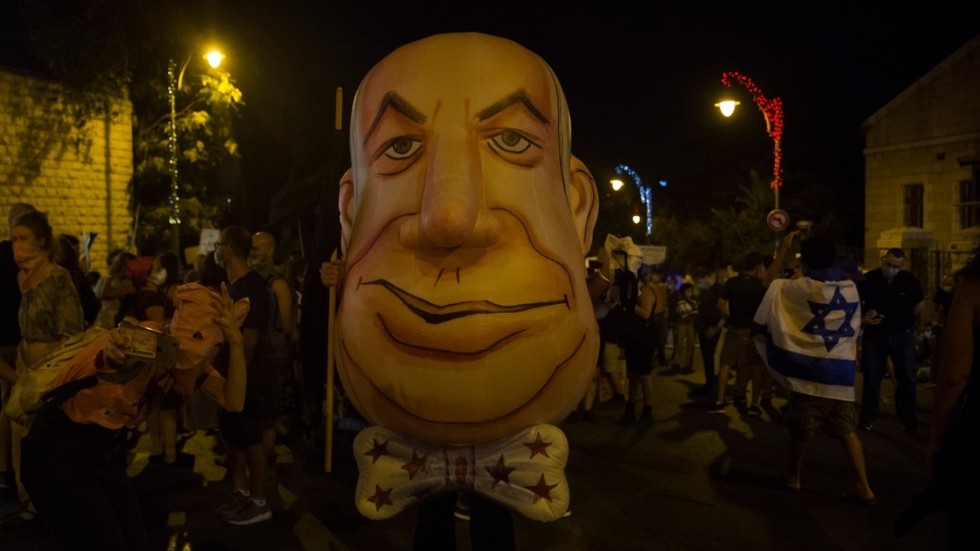The Trump administration could soon deport immigrants to 58 countries that are not their place of origin, after a Supreme Court ruling earlier this week granted an emergency request to overturn a federal judge’s restrictions on such removals.
Human rights advocates warn that sending “third-country” nationals to these countries could expose them to abuse and violence, and strand them in places where they have no ties and often can’t speak the language.
Throughout this year, as the White House pushes to rapidly deport millions of immigrants, diplomats have been lobbying at least 58 countries to accept these deportees, The New York Times reports, citing interviews with officials and diplomatic cables.
So far, Mexico, El Salvador, Guatemala, Panama, Costa Rica, Rwanda, and Kosovo have agreed to such flights in varying degrees, while the State Department has already approached or plans to approach numerous other countries to reach similar agreements.
Many of the potential nations are in Africa, and the list includes regimes plagued with violence, political strife, and human rights abuses, including Libya and South Sudan.

An emergency ruling from the Supreme Court on Monday cleared the way for such removals.
In a 6-3 decision, the court’s conservative majority granted an emergency request from the administration to overturn a nationwide injunction from April on removals to third countries without adequate notice but did not explain its reasoning.
The court’s liberal minority dissented, claiming the ruling was “rewarding lawlessness.”
A Massachusetts federal judge has accused the administration of violating the injunction when it notified a group of eight immigrants last month they would be deported in a manner of hours to South Sudan, a nation the State Department reports is plagued by slavery, kidnapping, sexual abuse, torture and extrajudicial killings. Those deportees remain at a U.S. base in Djibouti while a lawsuit over their removals plays out.
States that have agreed to take third-country deportees have received financial incentives, such as a reported $100,000 payment to Rwanda to accept an Iraqi man, or a controversial multi-million dollar deal with El Salvador to house Venezuelan deportees in CECOT, a maximum security prison human rights observers have compared to a gulag.

Many of the nations being considered to accept U.S. flights were named this month in the Trump administration’s renewed travel ban, and the administration has reportedly offered nations on the banned list, or under consideration to be added to it, relief if they accept deportees, the Times reports.
The State Department told the paper it doesn’t comment on diplomatic conversations.
Secretary of State Marco Rubio has enthusiastically embraced the idea of sending deported immigrants to third countries as a form of deterrence.
“I say this unapologetically, we are actively searching for other countries to take people from third countries,” he said at an April cabinet meeting.
“We are working with other countries to say, ‘We want to send you some of the most despicable human beings to your countries — will you do that as a favor to us?’ And the further away from America, the better, so they can’t come back across the border,” he said.
Once they are sent to third countries, immigrants could face a range of potential conditions, from detention in prison, to housing in migrant shelters, to offers of asylum or trips back to their home countries.
Immigrant advocates warned that allowing such third-country removals would open these immigrants to abuse.
“The Supreme Court’s ruling leaves thousands of people vulnerable to deportation to third countries where they face torture or death, even if the deportations are clearly unlawful,” Leila Kang of Northwest Immigrant Rights Project said in a statement after the decision.

 4 hours ago
1
4 hours ago
1








